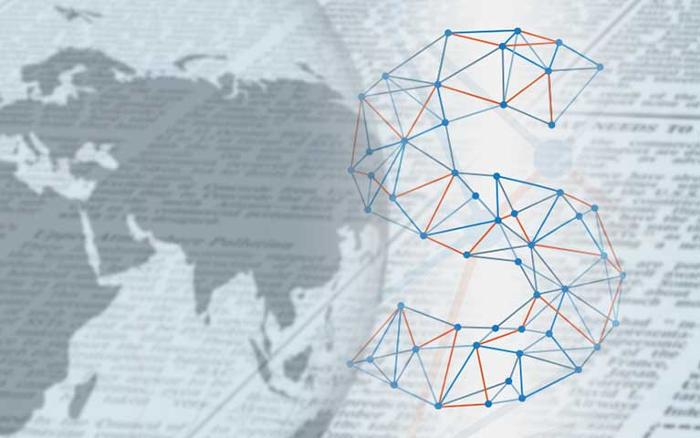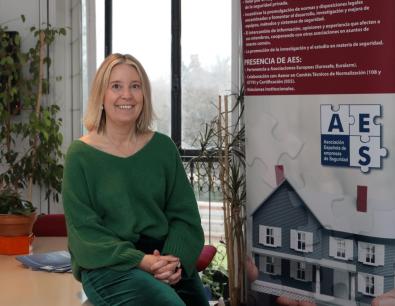

Paloma Velasco (AES): “SICUR is a showcase to see where the security industry is heading”
Paloma Velasco is Executive Director of the Spanish Association of Security Companies (AES). In this interview, she explains the sector’s behaviour during the pandemic and shares some insights into what factors will shape its recovery in 2022. She also reveals where new technology developments in the world of security will be heading in the coming years.
What’s your assessment of the integrated security sector in 2021?
The private security industry is the last to be hit by a crisis and the slowest to recover from it. Our member companies have reinvented themselves to offer products so much in need during the pandemic we’ve been through, such as temperature monitoring and capacity control systems, facial recognition with masks, license plate readers or ozone cleaners. But even so, they’ve suffered a 0.4% drop in turnover due to the negative impact of Covid.
For example, sales of other more traditional security products, such as ATMs, safes and armoured doors, have fallen because bank branches have been closing. Those that are still open have become finance “shops” instead of offices.
What are going to be the foundations for the sector’s recovery in 2022?
Recovery for the electronic security segment will be based around digitalisation and the Internet of Things.
What new technology developments will the security world see in the years ahead?
We believe that sales growth will continue in products like capacity control, crowd control, automatic distance monitoring, access control, automatic remote temperature detection, IP audio technologies, identification of people, temperatures and symptoms, temperature, access and presence monitoring, and beacon systems for visitor management.
Then there are all the new technologies around the Internet of Things and of people, and artificial intelligence.
For all these solutions, our member companies need an agile response and close collaboration with the Spanish Data Protection Agency. Many of them need to regulate their data protection, and coordination with the Agency is essential for them to develop all the products.
How will social changes and new trends influence the sector?
The changes have already been underway for months and will affect our industry in a big way. For example, what I mentioned before about bank office closures, many villages no longer have a branch, making life very difficult for older residents. Older people are the primary cash users, and we have to make it easy for them to continue using it, as it’s the means of payment that ensures privacy. It’s widely accepted and open to all, and it’s the only means of payment that’s universal and free.
Our member companies make safes and vaults to store cash safely. If people stop using cash, that will cause an enormous loss of business.
So, as so often happens, we need to learn how to make modernity and new technologies work alongside what already exists and has worked in the past.
How do you think SICUR will help the sector develop and grow?
SICUR is always a benchmark, one of Europe’s largest specialist security fairs. It’s a showcase for end-users and large customers to see where the security industry is heading. With its exhibitors, its new products gallery and its forums, it makes a significant contribution to making people aware of how serious, professional, and well-trained Spain’s private security industry is.





